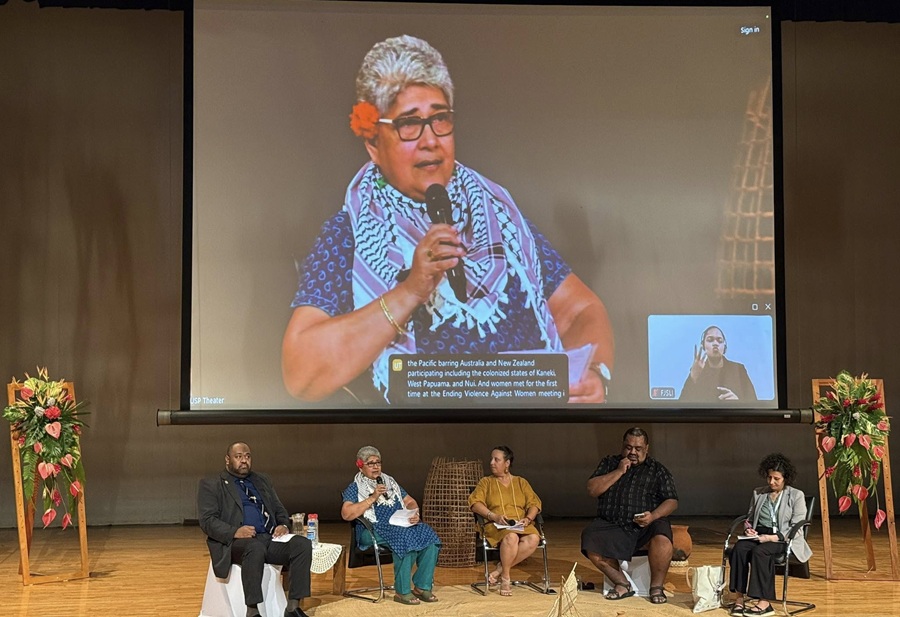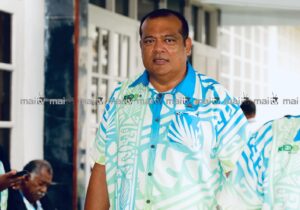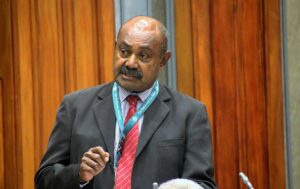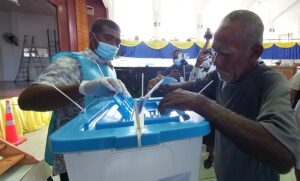Fiji’s government must “walk the talk” on women’s human rights by ratifying the Optional Protocol to CEDAW and committing resources to end violence against women, said Fiji Women’s Crisis Centre (FWCC) Coordinator Shamima Ali.
Speaking at the CEDAW Committee meeting in Suva, Ali highlighted the need for future commitments to explicitly include protections against violence toward women, noting that this issue is often neglected both in funding and political will.
While Fiji ratified CEDAW in 1995, the policies and legislation that followed have been described as “sparse and limited.” In response, local NGOs have been calling for the ratification of the optional protocols, which would allow individuals or groups in Fiji to file complaints with the CEDAW Committee, triggering an investigation and ensuring the government is held accountable for women’s rights violations.
“We also urge the government to do that and perhaps have an addition to that which spells out violence against women in it,” Ali said. “We are no longer listening to platitudes. Stop funding armies in the Pacific.”
Ali also urged the government to allocate dedicated budget lines for women’s human rights and empowerment, stressing the importance of concrete financial support in driving real change.
Ali’s comments extended beyond government issues, addressing certain practices of donors in the region. Drawing from decades of experience in feminist and human rights work, she cautioned that many development partners often undermine local expertise. This frequently results in duplicated efforts or the introduction of new models without considering what is already in place.
“Unfortunately, some development partners want to become implementers,” she said. “So, either they duplicate the work that has already been done…or implementing new things, bringing it from here and there, which has worked in other countries but might not work here.”
A case in point was her organisation’s counselling manual, which she said was developed using international best practice but tailored to Pacific realities. Despite its proven success over nearly two decades, multiple development partners attempted to replace it with new, externally driven versions. FWCC had to push back each time to protect and preserve the Pacific-led framework.
“Eventually, we reached a compromise,” she said. “The foundation would be the one that we have been using that has been successful in the Pacific, suiting Pacific people, and then the add-ons came from them.”
Ali described such experiences as examples of bad development practice, where power imbalances and short-term funding cycles leave grassroots organisations scrambling to adapt or survive.
Instead, she advocated for flexible, multi-year funding as the key to sustainable impact, highlighting DFAT and the New Zealand government as effective partners.
Ali also issued a powerful call for solidarity among women and unity in the movement to dismantle patriarchy—or, as her younger colleagues put it, “smash it.”
Even when differences arise, she said, women must stand by one another.
“We don’t have to like each other,” she said, “but we must support each other.”









